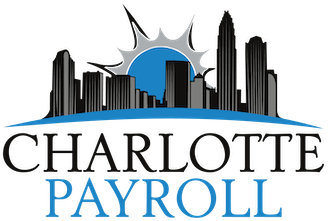5 Advantages of Cloud Based Technology
Cloud computing may seem like a fairly new concept, but in reality, has been around since the mid 1950’s. The “theory of time sharing” was first introduced by John McCarthy, at a time when only the wealthiest could afford computers. The initial concept of the cloud was to make time sharing accessible to everyone, not just those who to stand to foot the whole bill. The logic was to rent a systems computational power to multiple users, who would all pay a fee to share the system, greatly reducing the cost. Fast forward sixty years later, and we have the modern version known as the “Cloud”, where computing is done through the internet. Traditionally, computing was done through software downloaded to a physical location, in the form of either a computer or a server.
So why are so many companies switching to the cloud? Here is a list of five popular reason why firms are taking the plunge:
- Operational Agility– which is defined by the capability of a company to rapidly change or adapt in response to changes in the market. Cloud computing allows your business to make the necessary changes based on your IT requirements minus the increase in cost. This goes back to the whole reason why time sharing was implemented in the first place.
- Team Work Makes the Dream Work– as the saying goes. Cloud based technology gives employees direct access to one another, from virtually anywhere, at any time. This means that your team can work together, in real-time, remotely. The real-time aspect is key here, giving a distinct advantage over companies that have yet to experience this modern marvel of technology. Plus, allowing employees to work from, lets say anywhere, usually results in higher employee satisfaction, thus a higher retention rate.
- Automatic software updates – is how most cloud technology is set up, for the end user that is. These updates are now the responsibility of your service provider. With the servers maintained off premise, service providers have a team of dedicated professionals, that help to monitor and maintain the servers. In the past, business owners were left to handle software and security updates themselves, allocating time away from the task at hand.
- Complete Control- as it relates on the employee level, pertaining to document control. The cloud allows for one centralized location for multiple users to access and work with documentation. Before the cloud, email was the traditional form of communication, with files being worked on by one person at a time, and being transmitted back and forth. This can create confusion, not to mention multiple documents, at different stages of completion, being passed along. Causing room for error.
- Security and Recovery- Cloud computing security processes should address the security needs in order to maintain the customer’s data security, privacy and compliance with necessary regulations. The processes will also likely include a business continuity and data backup plan in the case of a cloud security breach. In the case of a breach, or something more sinister, cloud based systems allow for a less costly recovery process, mainly due to the nature of the product itself. Digital storage can cost a percentage of what physical storage of the same material could be.
Charlotte Payroll offers a full in-the-cloud experience that maximizes efficiency. Our SaasHR platform can be tailored for businesses of any size to run on any device. Payroll can be processed in minutes, so you can focus on running your business. Schedule an appointment with one of our sales consultants to tailor a solution that fits your needs. Contact us today at (704) 887-5511.






